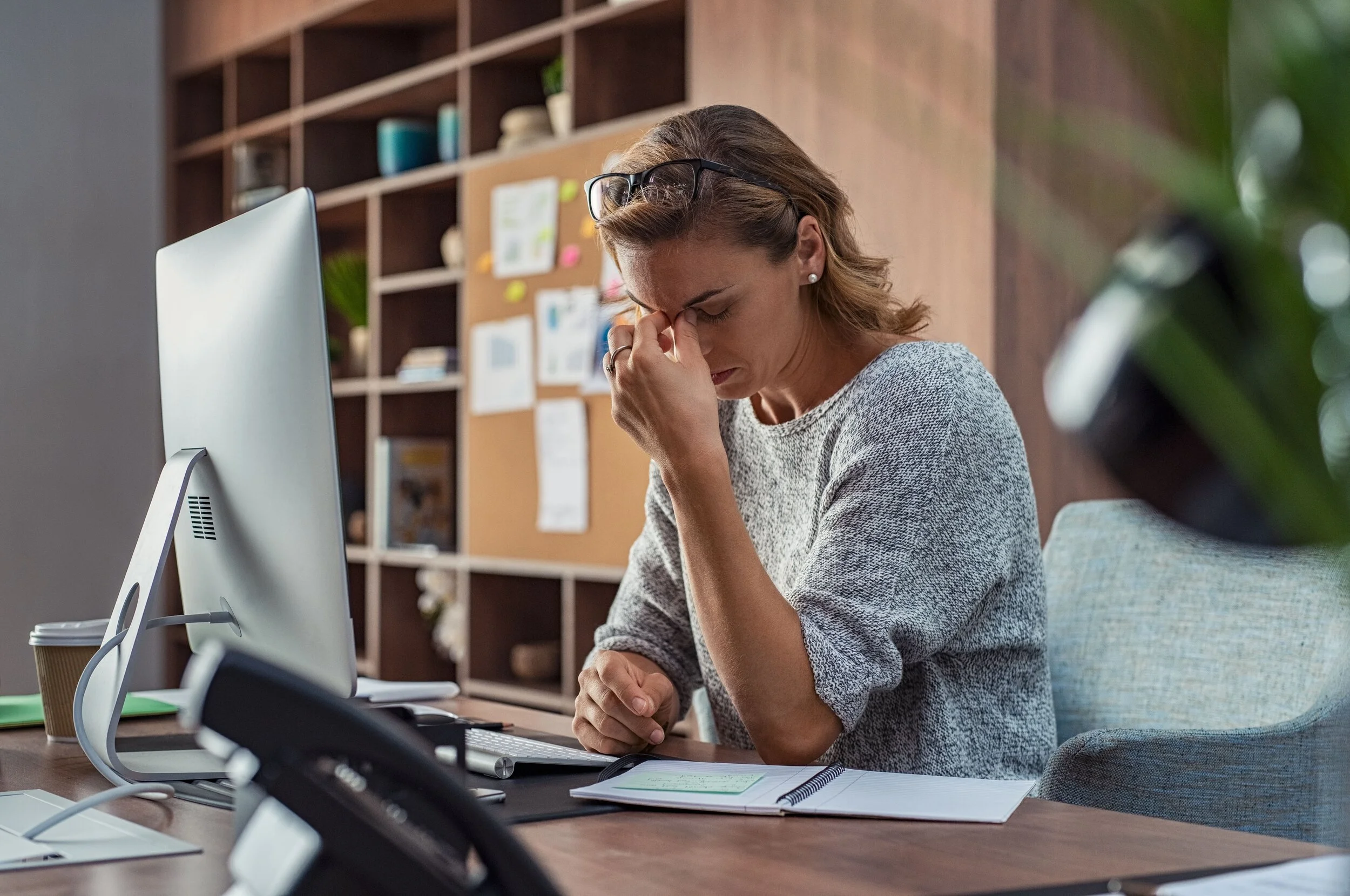Most people with anxiety disorders also have trouble sleeping. That’s a problem.
Chronic loss of sleep can increase anxiety symptoms and interfere with your health, relationships, and overall ability to function effectively in life. Too little sleep affects mood, contributing to irritability and sometimes depression. Vital functions occur during different stages of sleep that leave you feeling rested and energized or help you learn and forge memories. Sleep usually improves when an anxiety disorder is treated. Practicing good “sleep hygiene” helps, too. Here are some steps to take.
1. Go to bed and wake up at the same times every day, and on the weekends or holidays. This helps your biological clock if you have been getting up at varying times.
2. Reserve your bed for sleeping and sex. Ideally it is best to not watch television or do other activities in bed. Reading before sleep is OK, but not with an electronic device (see 11 below). If sleeping is especially difficult, make the entire bedroom off limits to everything else. Do not make your bedroom an all-purpose room, where you balance your checkbook, fight with your spouse, or exercise.
3. If noise in your surroundings makes it difficult to go to sleep or wakes you up, place a radio next to your bed and tune it between stations to produce white noise. White noise will distract you from other sounds.
4. Daylight helps set sleep patterns, so try to be outdoors while it’s light out for 30 minutes a day.
5. Exercise regularly (but not too close to bedtime). An afternoon workout is ideal.
6. Keeps naps short, less than an hour, and forgo napping after 3:00 p.m.
7. Avoid caffeine (found in coffee, many teas, chocolate, and many soft drinks), which can take up to eight hours to wear off. You may need to avoid caffeine entirely if you have panic attacks; many people who experience panic attacks are highly sensitive to caffeine.
8. Review medications with a doctor to see if you are taking any stimulants. Sometimes it’s possible to switch medications.
9. Avoid alcohol, large meals, foods that induce heartburn, and drinking too much fluid for several hours before bedtime.
10. Tobacco is a stimulant. Quit smoking (or at least do not smoke for an hour or two before turning in for the night).
11. Keep your bedroom cool, dark, and quiet, without distractions like TV or computer. Avoid reading in bed with an electronic device; the light from the screen can trick your brain into thinking it is daytime. If your mattress is uncomfortable, replace it.
12. Relax before bed with a hot bath, deep breathing or another relaxation technique, or reading or listening to music. If you don’t fall sleep within 20 minutes of turning in (or if you wake up and can’t get back to sleep within 20 minutes) get out of bed and do something relaxing until you feel sleepy.
13. Avoid the daily use of sleeping medications and only use them when absolutely necessary. Over- the-counter remedies (usually antihistamines) are often not very effective. Prescription drugs can alter normal sleep patterns and suppress deep sleep or REM (the time when you are dreaming) sleep. They can also leave you groggy the next day. Because the body becomes tolerant of some drugs, higher and higher doses are necessary. In fact, sleeping pills are often one of the main ingredients of long-term sleeplessness.
14. When productivity lags during the day, change your activity pace. The most “natural” way to keep awake is to move: get up from your chair, pace the room and stretch. Try light rests and creative breaks instead of alcohol, cigarettes or coffee.
Excerpted from Harvard Health- Coping with Anxiety and Stress Disorders.
Click here for more information on counseling for anxiety.

